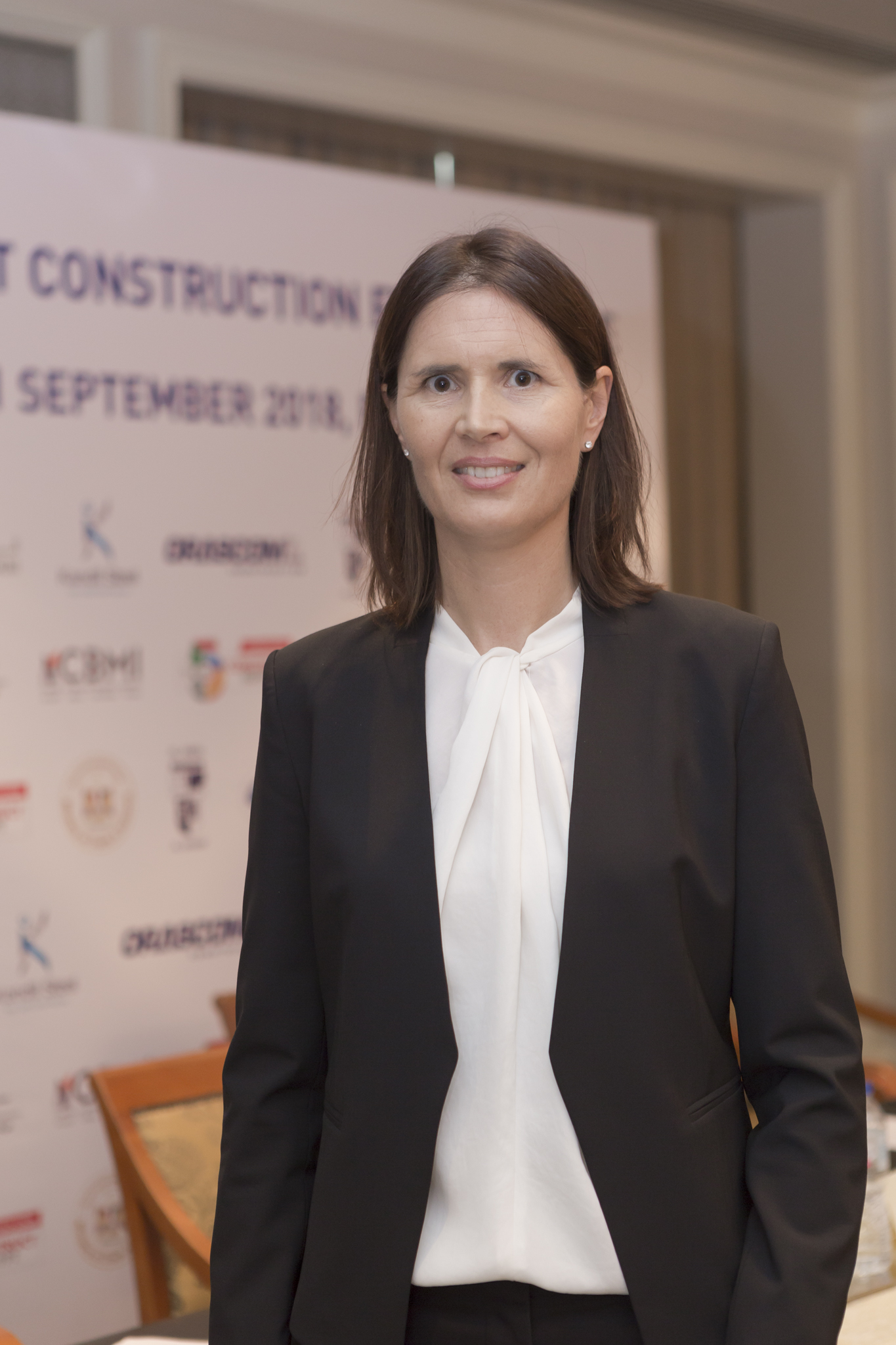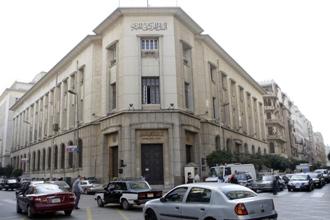Investors of hotel facilities await the activation of the initiative posed by the Central Bank of Egypt (CBE) to develop hotel establishments that have been worn out as their owners became unable to develop them in light of the current tourism crisis.
Abdel Fattah El-Asi, chairperson of the hotel facilities department at the Ministry of Tourism, said that the CBE initiative helps the sector develop its worn out facilities, especially as many of them have suffered from lack of maintenance over the past six years due to the decline in tourism.
He explained that the initiative is beneficial to the hotel sector in particular, as 50% of hotel facilities have closed down throughout the period of tourism decline, while the remaining facilities are operating at 50% capacity.
General Ali Reda, former head of the Tourism Investors Association at the Red Sea, said that 50% of Red Sea and South Sinai hotels are unable to host any visitors now.
He added that 90% of materials required for development operations are locally made, including ceramic, paint, upholstery fabrics, electrical appliances, kitchenware, and furniture.
He pointed out that reliance on imported products will not exceed 10% and will be mostly for silverwares of the 5-star hotels, since they look for the highest quality products.
The head of the Tourism Investors Association in South Sinai, Hisham Ali, said that the conditions of the hotels in the province have become pitiful as owners do not have the financial liquidity to conduct developments of infrastructure.
He added that all services in hotels in South Sinai and the Red Sea have been negatively impacted and need over EGP 2bn for upgrades.
The hotel sector in Egypt includes over 1,000 hotels with more than 195,000 rooms distributed over 901 traditional hotels with 179,100 rooms, and 264 floating hotels with 16,100 rooms, as well as six hotels in the Lake Nasser area with 422 rooms.
According to a report, issued by the Chamber of Hotels, Sharm El-Sheikh comes first in terms of the number of hotels, where the city alone contains 180 hotels with 51,100 rooms, followed by Cairo with 157 hotels featuring 27,000 rooms, and then Hurghada with a total 147 hotels comprising of 47,100 rooms.
Ali noted that banks were reluctant to fund tourism in Egypt and withdrew most of their investments on the back of the decline in tourism that began in 2011. He added that the government does not currently support the tourism sector in Egypt, unlike other countries in the region, including Tunisia.
He pointed out that all necessary equipment for development is present in the local market, hinting that investors will not suffer a shortage of materials.
Nader Girgis, member of the Ministry of Tourism’s Committee to Revive the Path of the Holy Family in Egypt, said that the sector needs clear regulations and guidelines for the implementation of the CBE initiative in order to learn the allocations for each sector.
He pointed out that the Furnex and the Home Exhibition held recently proved that many Egyptian companies can supply the hotels, including Ceramica Cleopatra Group, Abd El Aziz El Sallab, and Oriental Weavers.
He added that imports after the Egyptian pound flotation have seen price hikes in times when hotel owners cannot afford any increases.
He noted that local products are high quality but do not have spare parts for floating hotels.
CBE had announced that as part of the initiative banks will provide EGP 5bn in loans with an interest rate of 10% extending over 10 years at most, according to the credit study conducted separately for each client.
The CBE noted that the initiative determines that the main purpose of financing has to be directed towards replacement and renovation of hotels and fleets.
Moreover, the CBE added that the initiative will focus on promoting local industry by requiring borrowers to rely on domestic products for 75% of the replacement and renewal process, with full commitment to comply with the new standards adopted by the Ministry of Tourism to ensure high-quality renovations.
Under the initiative, banks provide up to 75% of the total cost of renovation, while clients bear the remainder.
Chairperson of the Tourism Committee at the Egyptian Businessmen Association (EBA) Ahmed Balbaa, said that there is no limit set for imported materials and banks, but is left to the ability of each investor to import.
He explained that the Committee agrees fully with CBE regulations, urging the need to notify banks with the timing of the initiative so that it could assist the sector as soon as possible. He urged the CBE to allocate 50% of the total provisions of the initiative for the Red Sea and South Sinai.
Balbaa called upon the CBE Governor to consider the size of the burden and financial responsibility that tourism investors bear, which hinder them from fulfilling their various commitments towards 12 parties, including the tax, insurance, and electricity agencies—and other government bodies—due to a lack of liquidity.
He pointed out that when banks ignored the tourism sector, many investors had to abandon the sector in fear of risking their funds in an unpredictable sector.
Meanwhile, Tarek Shalaby, head of the Taba and Nuweiba Investors Association said that hotels are unable to host any tourists at the time prior of conducting maintenance, as equipment and facilities are no longer operating effectively.
He added that local products will be able to compensate for imported goods and benefit investors by replacing worn out materials.




